We Don't Need No Rock Stars: The Danger of Celebrity Culture in Education
I love my job.
For the past 13 years, I have been able to work with teachers and students all around the country. I get to help teachers and students clarify their literacy work, develop and teach curriculum that guides them toward their goals, and practice transformative methods of teaching and learning that I believe in in down to my cells.
The teachers, administrators, coaches and students I work with inspire me every day, mostly in the ways they show up for this work amidst back-breaking challenges and insulting, demoralizing policies. I feel grateful for the role I get to play in the life of the schools I serve.
Lately, though, I have been noticing a troubling side to this job I love.
People introducing me, or people who do what I do, as “rock stars,” or “gurus.”
People like me (myself included) becoming and staying the dominant voice in the room.
People who do what I do speaking or tweeting platitudes to the people who teach every day.
Teachers on Twitter (often women, LGBTQ educators, or educators of color) being called “negative,” or “counter-productive” for critiquing, resisting, or questioning a dominant voice.
These moments make me uncomfortable because they reveal that people who do what I do – authors, consultants, speakers, trainers – have too much power, at least some of the time.
I am not suggesting that I (and people who have jobs like mine) shouldn't have influence. I was a good teacher and I have spent over a decade becoming a good presenter and facilitator of adult learning. I am proud of my work. My role allows me to work in a broad range of schools, with lots of kids, trying out lots of different stuff so that I can name, with some confidence, work that has shown itself to be effective, sustainable, and nourishing for teachers and students.
The best of us in this position help articulate a vision and offer schools and teachers a sense of what is happening in other places. We can draw a roadmap to get there; we may have the knowledge, methods and skills to help a group of educators create classrooms that align with their beliefs and the goals of their students. People who do what I do can also challenge the work that is happening in your school and offer alternatives. We can become your debate opponent. Perhaps you will come to our side, perhaps you will be more solid in your own beliefs. Some of my best days of work are spent unpacking the practices and beliefs among a group of teachers, pushing all of us (including me) to be smarter than we were before.
But we are not rock stars.
Those of you teaching all day every day have more understanding of what will work or what will not work for you students than I do. What I offer may not work for you exactly the way I present it. Recently a Twitter friend said he wished he could teach like the lessons in one of my books. Here’s a teacher who is doing work day in and day out with kids he knows well, and he’s berating himself for not being more like me. In truth, I can’t teach the lessons exactly the way they are written in my books and have them work every time. Often those lessons go well and seem to get at something important, but sometimes they fall flat. And, every once in a while, my teaching goes horribly awry. You know, just like anyone in the classroom.
I’d like to define for myself what I think I might be asked to provide our profession and offer up some possibilities for what I should not. I think it is good and right for you to expect me to bring:
1. Ideas.
I have the room and ability to try things out. I push myself to still be in classrooms as much as possible, teaching and testing my own ideas and abilities. I can bring you ideas that might work for you the way they do sometimes for me and many other educators I have had the privilege to work with.
2. Inspiration.
When I was in the classroom I went to any PD that Mary Ehrenworth from the Teacher College Reading and Writing Project offered. She gave me a shot in the arm of energy and a feeling that I could go into my classroom the next day and do things differently, better. I think we consultants and authors should be good at that – at lifting you up and helping you feel excited about the possibilities.
3. Reality.
When I work with you, I hope you will hold me to the standard I hold myself – to always remember what it felt like to have three classes of thirty-six 8th graders. To remember what it felt like to be overwhelmed all of the time, to make a thousand decisions a minute, to leave school exhausted and to teach your heart out only to find that none of it stuck. You deserve a consultant who remembers this and works to make their work practical and reasonable while reaching for high goals and standards. And, when I fail at this, I need you to call me out when I do.
But here is what I don’t think you should expect from me, or people like me. We shouldn't be:
1. Gurus* and Rock Stars.
To be clear, if someone introduces me as a guru I’m not, like, annoyed. It’s incredibly flattering. I am so glad that I am able to help people believe in things that I think are transformative for children. I am so glad I can present in a way that is engaging and fun and full of energy. But I am not a rock star any more than you are because you and I do the same thing: we teach. My student body is just broader now.
(Besides, lots of “gurus” and rock stars wind up being sort of creepy. No thank you.)
2. Right (at least all of the time)
This is a tricky one for me because, of course, I think I am right. Or, at least, I truly believe in the things I teach, the methods I use. And I will argue for them. But at the end of the day, there are many places where there is a good debate, where the various sides have good points to make that are all pretty true. Recently a teacher I worked with for years told me that he had gone back to every single thing he had done before my work with him. He was a great teacher, just very, very, different from me. At first, I felt a little embarrassed, a little defensive. But he went on to say that our work together helped him to identify and name what it was that he passionately believed about teaching. That's a beautiful thing, and I am proud to have been his counter-point. I hope you will engage with my thinking, that you will follow me down a path, but I also hope you won't assume I “must” be right just because of the role I play.
3. Above Critique.
Look, if you blow up my spot loudly in a middle of a presentation-style workshop, I’m sure my best self will not always come out. But in general, I value the push back and feedback. A few recent critiques that I am taking to heart and trying to address – I talk too much with kids and don't let them do enough of the work, and my teaching has been skills-focused for so long that I have not been as overtly justice-oriented in my work. I am going to do a ton wrong. I have a lot to learn.
The culture of idolization, of celebrity, in our profession does teachers a disservice, and I believe that most of the folks who share the same role as I do would agree. We love our job, and to do it well, we can't be anyone’s guru.
*Not to mention that using the word guru if you are not of that faith is problematic.

